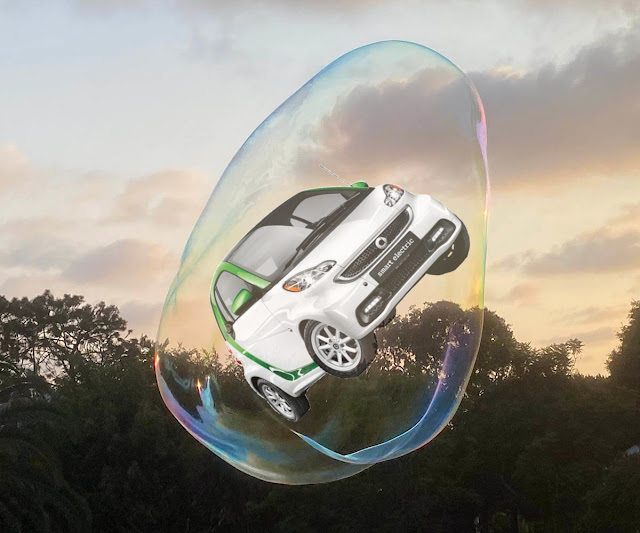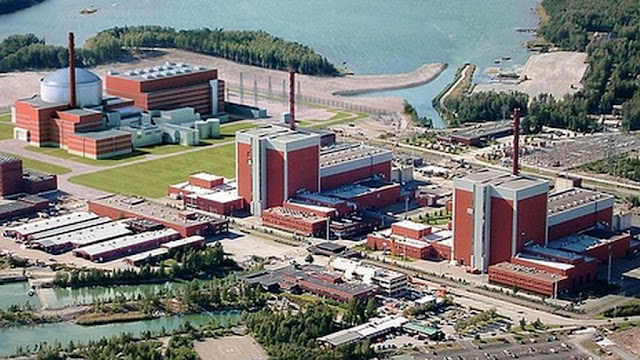18 Reasons Why You Really Need an Electric Car

You’ve always wanted to live in a permanent Disneyland—believing that electric cars have zero emissions. In the world of electric vehicles, where the allure of green technology meets the practicality of everyday life, there are those who embrace the electric revolution with a unique flair. Enter the unapologetic connoisseur of contradictions, the embodiment of the unexpected, the aficionado of electric eccentricities, and a character worthy of exploration. Here are 18 reasons why you really need an electric car: 1. You’re a Tolstoy enthusiast who’s never quite conquered the monumental War and Peace. Fear not, for that long charging queue becomes your literary sanctuary where you can immerse yourself in 1,225 pages of Russian opulence while your electric steed gains its much-needed energy boost. 2. Fine dining at Chiswick, Margaret, and Quay is a given, but have you truly lived until you’ve sampled the delights of the local servo? Post-War and Peace, dive into the exquisite world



